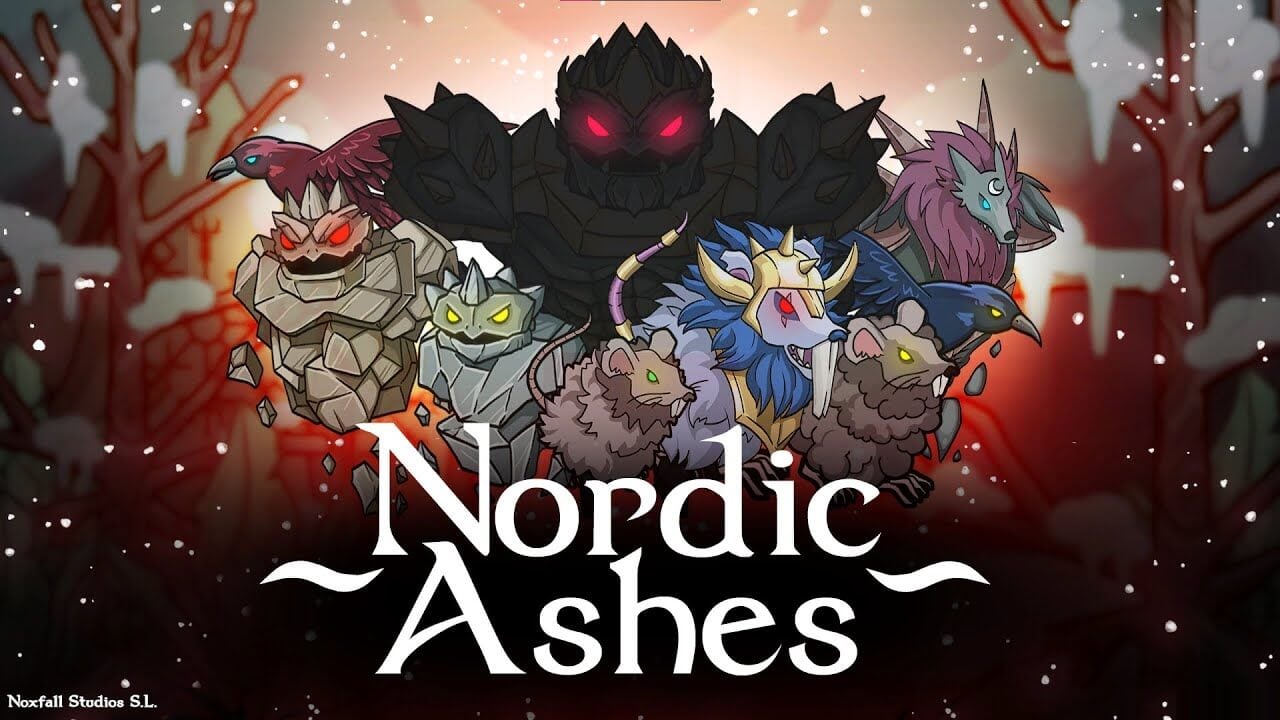In the realm of parenting, one of the most challenging and delicate tasks is guiding children through the intricate web of grief and loss. It is a journey filled with tears, questions, and uncharted emotions.
How do we open up discussions about death? How can we help our little ones cope with overwhelming sorrow?
These are the pivotal questions we’ll explore in this compelling guide on parenting through grief. By embracing clear communication, empathy, and understanding, we’ll learn how to navigate this heartbreaking terrain together.
From honoring the deceased to supporting unique expressions of grief, join us as we unravel the secrets of nurturing children through times of loss.
Using Clear And Honest Language When Discussing Death With Children
Discussing death with children can be a challenging task. However, it is important to use clear and honest language when talking about this difficult topic.
Children have a natural curiosity about death, and it is important to address their questions and concerns in a straightforward manner. Using vague or euphemistic language can confuse children and hinder their understanding of death.
Instead, use simple and age-appropriate language to explain what death means.
When discussing death with children, it is crucial to avoid using language that may mislead them or give them false hope. Being honest about the permanence of death can help children begin to process their grief.
It is important to assure children that the person who has died will not come back, and to explain that death is a natural part of life. This may be difficult to discuss, but it is essential for children to have a clear understanding of death.
Mindful Of Children’s Literal Interpretations
Children often have a literal interpretation of language, and this can be particularly challenging when discussing death. Metaphorical phrases such as “gone to sleep” or “passed away” can confuse young children, leading them to believe that the deceased will wake up or return.
It is important to use language that is concrete and avoids metaphors that may be interpreted literally.
Using concrete terms such as “died” and “not coming back” helps children develop a more accurate understanding of death. It is also helpful to explain that death means the body no longer works and cannot function.
Providing clear and direct explanations can help dispel any misconceptions or confusion that children may have regarding death.
Avoid Saying Things You Don’t Truly Believe
When supporting children during times of loss, it is important to be genuine and sincere in your communication. Children are perceptive and can sense when someone is not being truthful or is saying things just to comfort them.
It is important to avoid saying things that you don’t truly believe in order to maintain trust and open communication with children.
Instead of making empty promises or false reassurances, focus on being present for the child and providing emotional support. It is better to acknowledge the sadness and pain associated with death rather than trying to brush it off or minimize it.
By being honest and authentic, you can help children process their emotions and navigate their grief in a healthy way.
Answering Physical Questions About Death With Clarity And Simplicity
Children may have physical questions about death, such as what happens to the body or what death feels like. When answering these questions, it is important to provide clear and simple explanations that are age-appropriate.
Use language that the child can understand and do not shy away from addressing their curiosity.
Explaining that death is the end of all bodily functions can help children understand what happens to the body. You can emphasize that the body no longer feels anything and that the person who has died is no longer suffering.
It is also crucial to address any misconceptions or fears the child may have about death, such as the idea of a painful or scary process.
Showing Empathy And Affection When Discussing Death
When discussing death with children, it is important to show empathy and affection. Grief can be overwhelming for children, and it is crucial for them to feel supported and understood.
By demonstrating empathy, you can create a safe space for children to express their emotions and ask questions.
Offering hugs, holding hands, or using other forms of physical affection can provide comfort to children during times of loss. Your presence and willingness to listen without judgment can reassure them that their feelings are valid and that they are not alone in their grief.
Conclusion
Parenting through grief and supporting children during times of loss requires empathy and connection. Using clear and honest language, being mindful of literal interpretations, avoiding insincere statements, answering physical questions with clarity and simplicity, and showing empathy and affection are just a few ways to help children navigate their grief.
It is important to remember that each child will respond differently to loss, and their unique grief expressions should be validated and supported. By creating a warm and accepting environment and providing resources for support, parents can help children through the grieving process and allow them to heal in their own time.

